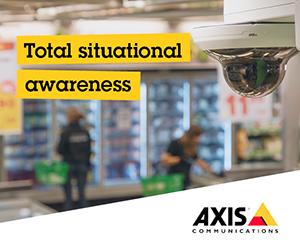interviews
Silence in an interview
Using the all-knowing silent look has been considered a great way to get an admission. More importantly, it can also be a very risky tactic.
Silence can be a more productive option during interviews, and even possibly during the development stages of an admission gathering interview. It is most effective if we remain silent for several seconds at the conclusion of a subject’s story. In this scenario it is not uncommon for silence to cause the subject to feel awkward and add additional information to the story.
However, silence is typically not as effective during accusatory interviews.
Silence during the accusatory interview, particularly following the initial accusation can cause the interviewer to appear uncertain and provide the subject with precious seconds to create a story. This may then increase the subject’s resistance and erode the interviewer’s credibility. Increased resistance could lead to the subject providing details that aren’t accurate and get entrenched in their own lie.
As a general rule, silence can be a good option when used properly during an interview. But silence is not a good option during an accusatory interview as the potential costs of using the technique outweigh the benefits.
Great input and perfect commentary to the value of silence during an interview, with different applications. Just as you mention, silence in and of itself is not a single tactic. We can use silence, but it doesn't mean we are done communicating. Communication continues through non-verbal channels.
In an interview I often take advantage of the, "Anything else?" question, with the look of raised eyebrows. The silence and non-verbal communication encourages further discussion and a response from my subject. The response may be, "No, that's it" but silence and the non-verbal invitation in that scenario is requesting more input from the subject.
I've often heard the phrase, 'he who talks first, loses'. I don't subscribe to that theory, but its certainly a reflection of using silence to our advantage during an interview.
Thanks again for your input. A perfect supplement to this month's interview tip from WZ EU.






